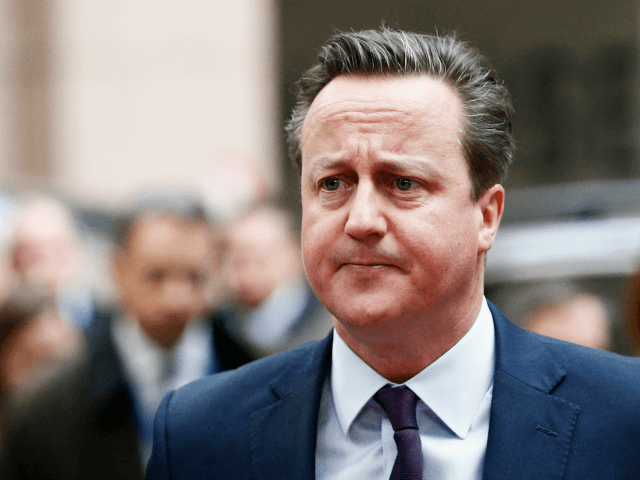Not only did Prime Minister David Cameron’s European Union (EU) renegotiation fail to return any powers to Westminster, he lost any British leverage over future changes, pro-Brexit cabinet member Chris Grayling has claimed.
In a campaign speech given by Leader of the House of Commons Chris Grayling, he said:
If we vote to stay in the EU, we are voting to be substantially and increasingly governed from Brussels. It would be a vote for an unreformed EU which will hoover up more money and more power at every opportunity it gets. A vote to remain is a vote to leave the EU court and unelected EU judges in control of a whole raft of our laws.
Mr. Grayling pointed out that even under the terms of Mr. Cameron’s negotiated ‘special status’, the European Court of Justice will still retain ultimate control of the way European law affects the UK, saying:
If it decides that we have to accept a particular European rule, or that our rules are not allowed under European law, we have no choice but to accept its view. Our parliament has no ability to disagree with the Court.
Although Mr. Cameron promised a ‘Sovereignty Act’ would be introduced to address Eurosceptic concerns such as those Mr. Grayling set out, the Financial Times reports he has “failed to publish the proposals”. According to another Brexit supporter — senior Tory and Mayor of London Boris Johnson — this is because government lawyers say such an act would not work in practice.
In fact, far from improving the situation Mr. Grayling believes the deal done to secure Britain’s reformed status means the UK “may be in a worse situation than we were before.” He explained:
…one of the inadvertent consequences of the renegotiation discussions is that we have agreed that Britain ‘shall not impede the implementation of legal acts directly linked to the functioning of the euro area’. This is a significant — and underappreciated — loss of leverage. We now lack a key tool in preventing further EU integration — which we might be dragged along into.
And the routine process of integration is not going to stop here. And the routine process of integration is not going to stop here. It does not need new treaties or agreements to carry on the process of harmonisation. The wording of the Lisbon Treaty and the almost unlimited scope of the Charter of Fundamental Rights give the EU institutions carte blanche to expand into more and more areas of competence. For all the talk about subsidiarity, the opposite is actually true.
Mr. Grayling did concede that the UK is not part of the euro currency and nor does it share a path towards political union, but warned “it is an illusion to think we will not be affected by it”.
In concluding he said Mr. Cameron’s deal “does not sort out the fundamental problems of our relationship with the EU today or prevent us from being affected by the changes that lie ahead.”

COMMENTS
Please let us know if you're having issues with commenting.